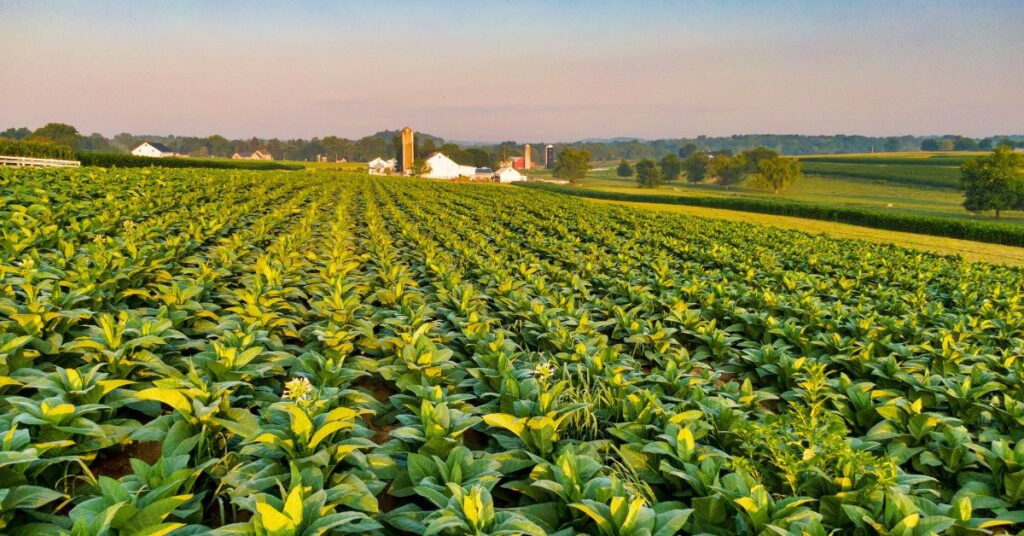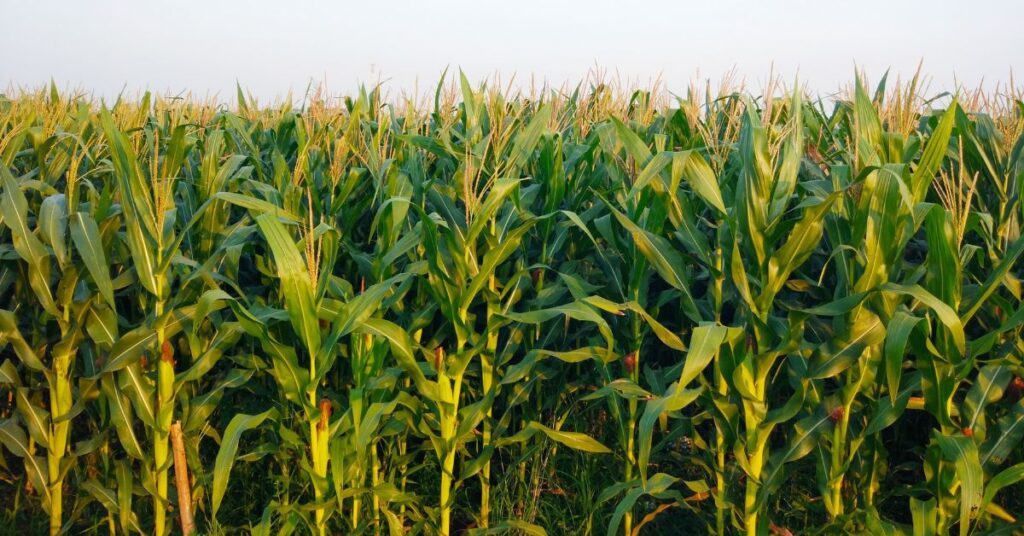Selling farmland is a complex process that requires thorough planning, strategic decision-making, and a good understanding of various sales methods. Every characteristic of the land, from soil quality to the location, directly influences the sale.
You might be a farmer with surplus acres, a land buyer looking to invest wisely, or someone inheriting farmland for the first time. Nevertheless, understanding the different ways you can sell farmland is necessary for receiving the best value. Consult this guide to sales methods for selling farmland to find a suitable solution for your property.
Decode Farmland Valuation
The first step in selling farmland is understanding its value. Unlike a typical home sale, farmland valuation depends on an entirely different set of criteria. Factors such as the land’s location, soil composition, water access, and overall productivity weigh heavily on determining its worth. For instance, fertile soils that support high-yield crops will likely fetch a higher price than less productive land.
Another key factor is location. Farmland situated near infrastructure or key agricultural establishments tends to carry more value. Land productivity is also a major consideration; yield histories and potential crop rotation options can significantly raise the appeal of a property.
Conducting a comparative market analysis is an effective way to assess the land’s current market value. This approach involves studying recent sales of similar farmland in your area to gauge a competitive price range. Hiring an appraiser who specializes in agricultural land can boost your understanding of the characteristics of your property and its fair market value.
Weigh Traditional Sales Against Auctions
When it comes to selling farmland, two of the most common methods are traditional private sales and auctions. Each option offers distinct advantages depending on your goals and circumstances.
Traditional sales involve individually negotiating directly with potential buyers. This method allows for more control over the timeline and sale process. For instance, if you’re seeking a buyer who intends to preserve the land’s current use or optimize its sustainability, you may achieve this through a private sale where those values can be strategically negotiated. However, traditional sales can be time-consuming.
On the other hand, you can pursue real estate land auctions that offer a structured, time-efficient approach. By specifying a date and gathering multiple prospective buyers, auctions encourage competitive bidding. Auctions also create transparency, making them attractive for sellers who wish to expedite the process without lengthy negotiations. However, the outcome can be unpredictable since you’re reliant on the interest and activity of bidders on the day.
Assessing the benefits and risks of both methods is essential to deciding which is better suited to your priorities.

Harness Online Platforms for Increased Reach
The digital world has revolutionized how people can buy and sell farmland. Popular online platforms now make it easy to reach buyers in broader geographic regions. These platforms serve as virtual marketplaces, connecting sellers with prospective buyers who might otherwise be inaccessible through traditional channels.
To make your property stand out on these platforms, take the time to create a compelling listing. Include high-resolution photos that showcase the property’s features. Craft a clear, detailed description that highlights the land’s top attributes.
Platforms may allow sellers to include maps, soil reports, and water access details, which help buyers make informed decisions. Staying responsive to inquiries and leveraging platform tools can further increase the chances of securing a great deal.
Prepare the Land for a Professional Sale
Before putting your farmland on the market, ensure it’s presented in the best possible light. Just as a home would undergo touch-ups before a showing, farmland benefits from strategic preparation.
Start by addressing any issues that will deter buyers. This may include improving drainage systems, repairing fences, or establishing defined boundaries. Well-maintained land indicates a history of care and adds credibility to its productivity potential.
Documenting key information is another important preparation step. Have records such as soil tests, crop yield histories, water access rights, and tax documentation readily accessible. Providing buyers with this information demonstrates your transparency and helps them evaluate the land’s assets more accurately.
Marketing Strategies To Attract Buyers
The days of depending solely on signage are behind us. Each of the sales methods for selling farmland relies on marketing. Effective marketing combines visuals, storytelling, and outreach.
Professional photography is one of the most effective tools for generating interest. Drone photography, for instance, offers bird’s-eye views of farmland, so buyers can appreciate the land’s layout and features. Pair these visuals with detailed, well-written descriptions that underscore the land’s best qualities, from acreage totals to accessibility or recent improvements.
Social media and online ads can also prove invaluable for targeting buyers specifically interested in agricultural properties. Reaching niche communities or groups dedicated to farming and land investments increases the odds of finding qualified, motivated buyers.

Close the Deal With Confidence
The final stages of a farmland sale are just as important as the initial steps. Closing a sale involves navigating financial and legal considerations, particularly with the assistance of professionals such as lawyers and title companies.
Clear communication throughout the contract phase ensures that all parties are aligned and that the transfer of ownership occurs smoothly. Buyers will appreciate clarity regarding ownership history, water rights, or lease agreements tied to the land. Sellers should also verify that any contingencies have been met before finalizing the deal.
Working closely with experts who specialize in farmland transactions can eliminate potential roadblocks. This level of preparation and diligence in the closing phase increases buyer trust and can facilitate the overall process.
Make the Right Choice for a Successful Sale
The decision to sell farmland is a meaningful one. While each sale method has its advantages, the ideal path depends on your priorities as a seller. Whether you value a speedy sale, marketing for high visibility, or hands-on experience in finding the right buyer, having knowledge about every option helps you make an informed choice.
Above all, take the time to carefully evaluate prospective methods, enlist experienced professionals, and prepare your farmland thoughtfully. By controlling what you can and adapting to market dynamics, you’ll be better positioned to achieve the maximum value for your property.

